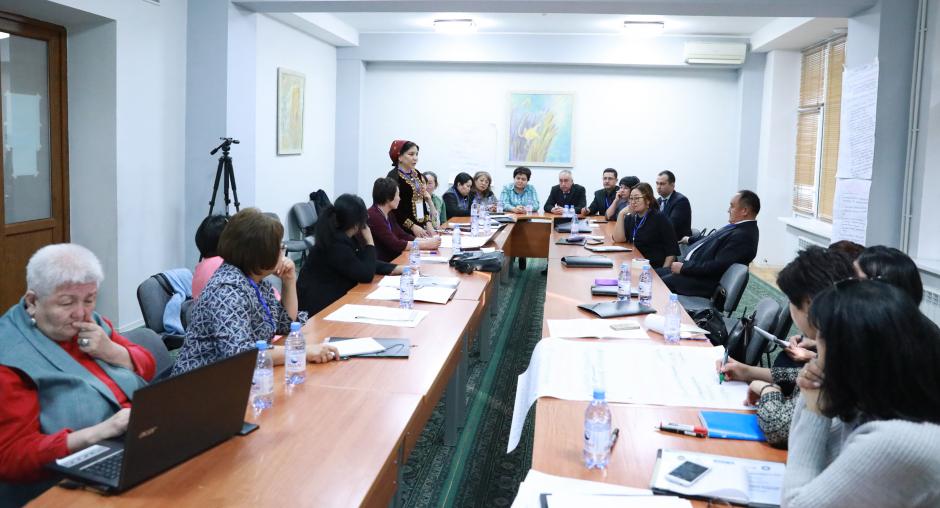Central Asia Regional School on Multilingual and Multicultural Education organized by OSCE High Commissioner on National Minorities opens in Almaty

ALMATY, Kazakhstan, 3 December 2018 – Some 120 university lecturers, school managers, teachers, trainers and experts from all the Central Asian states, Mongolia and the wider region gathered in Almaty, Kazakhstan, today for the opening of the five-day Regional School on Multilingual and Multicultural Education for Integration and Sustainable Development. The annual event is organized by the office of the OSCE High Commissioner on National Minorities (HCNM), in co-operation with the ORLEU National Centre for Professional Development.
Opening the Regional School, which focuses on Central Asia, the Head of the OSCE Programme Office in Astana, Ambassador György Szabó, highlighted the important role of multilingual and multicultural education programmes for the integration of diverse societies. “The benefits of bilingual and multilingual education are not limited to the field of education,” he said. “It is a catalyst for interaction and an asset that permits citizens to find mutual understanding regardless of ethnicity.”
Addressing participants on behalf of the HCNM, Senior Adviser Marc Fumagalli emphasized that the participants’ practical capacities developed during the Regional School and the exchange of experiences between teaching professionals are crucial for successfully implementing multilingual and multicultural education programmes.
Over the course of the week, participants will also visit kindergartens and schools in Almaty that have Uyghur and Russian as the language of instruction and which are implementing or piloting multilingual and multicultural education programmes with the aim of maintaining education in the mother tongue as well as promoting knowledge of the state language, a key factor for integration.
The event was supported by the Ministry of Education and Science of the Republic of Kazakhstan; the UNESCO Almaty Cluster Office for Kazakhstan, Kyrgyzstan, Tajikistan and Uzbekistan; and the UN Children’s Fund (UNICEF) in Kyrgyzstan.
Since 2012, the HCNM has been implementing the Central Asia Education Programme which aims to develop bilateral and multilateral co‑operation in the region as well as to improve the education of national minorities and the integration of diverse societies through multilingual and multicultural education.
